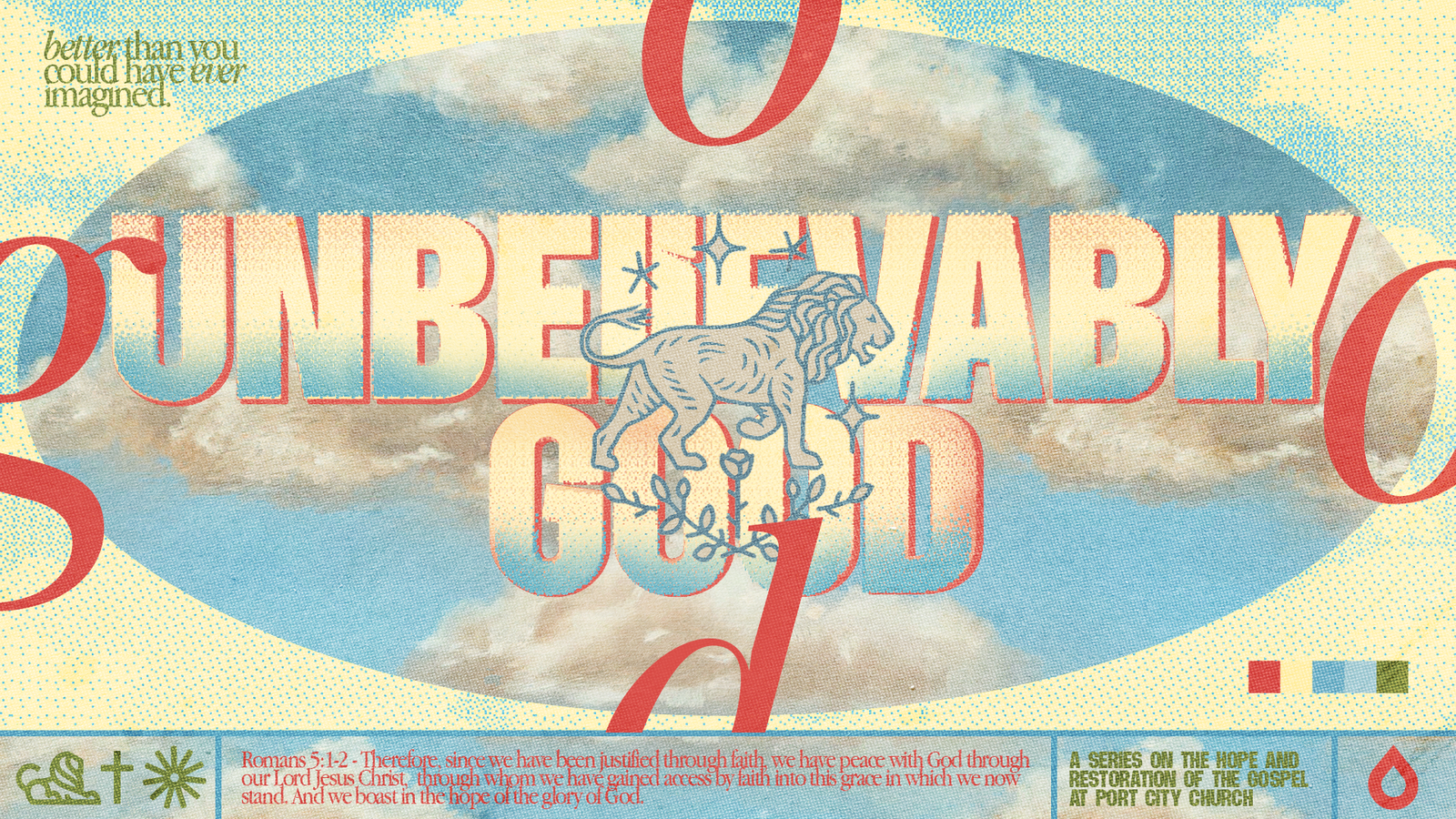Adopted
READ
Imagine being an orphan living in terrible conditions—hungry, poorly clothed, without protection or prospects for the future. Then one day, without any merit of your own, a king adopts you, bringing you into the palace, giving you his name, and promising you a share in his kingdom. This radical change in status is precisely what God offers in the gospel doctrine of adoption, highlighted in today’s passage.
Let’s take a moment to read Galatians 4:6-7:
Because you are his sons, God sent the Spirit of his Son into our hearts, the Spirit who calls out, “Abba, Father.” So you are no longer a slave, but God’s child; and since you are his child, God has made you also an heir.
REFLECT
In Galatians 4:7, Paul makes an extraordinary contrast between two identities: slave and child. In the ancient world, the distinction couldn't have been more stark. Slaves had no rights, no inheritance, no freedom, and no future of their own. Children—especially sons in that patriarchal culture—had legal standing, protection, provision, and the promise of inheritance.
The goodness of God shines brilliantly in this aspect of salvation. It would have been merciful enough for God to free us from sin's captivity and give us a clean slate. It would have been generous to make us servants in His household. But God's heart went infinitely further—He made us His very children, bringing us into His family with all the rights and privileges that accompany that status.
Notice that Paul isn't speaking of adoption as a future hope but as a present reality: "you are no longer... you are God's child." This transformation of identity has already occurred for those who are in Christ. Right now, with all your flaws and struggles, you possess the legal standing of God's child if you belong to Him through faith.
What makes this even more remarkable is the additional status: "and since you are his child, God has made you also an heir." In ancient inheritance law, heirs had claim to their father's estate. Paul is saying that all that belongs to God—all His resources, blessings, and future kingdom—is promised to us as His children. We are co-heirs with Christ Himself (Romans 8:17).
This truth transforms how we approach God. No longer do we come cowering like slaves before a harsh master. We come as beloved children to a perfect Father, with the intimate cry of "Abba, Father" (Galatians 4:6). This isn't presumption; it's the privilege of adoption.
Consider what this means practically: When you pray, you're not approaching a distant deity but speaking to your Dad. When you fail, you're not facing a vengeful judge but a Father who disciplines those He loves. When you have needs, you're not begging an reluctant provider but asking a Father who delights to give good gifts to His children.
God's goodness is displayed not just in rescuing us from sin but in welcoming us into His family. Adoption speaks of His desire not merely to save us but to have us near Him, to share His life with us, to establish an eternal relationship of love.
In a world where many grow up with absent, abusive, or imperfect fathers, the doctrine of adoption offers profound healing. Whatever your earthly parental experience has been, you can find in God the perfect Father your heart has always longed for—one who will never leave, fail, or reject you. This is the unshakable hope the gospel brings: not just forgiveness, but family.
RESPOND
Take a moment to process what God might be leading you to do in light of what you read.
How might your prayer life change if you truly approached God as "Abba, Father" rather than a distant authority figure?
In what ways does your behavior still reflect a "slave" mentality rather than the confidence of a beloved child of God?
REST
Take a moment to rest in God’s presence and consider one thing you can take away from your time reading, then close your devotional experience by praying:
Abba Father, I stand amazed that you would bring me into your family and call me your child. Help me to live with the dignity and confidence that comes with being your heir. When I'm tempted to fall back into slave-thinking, remind me of my true identity in your household. Amen.

